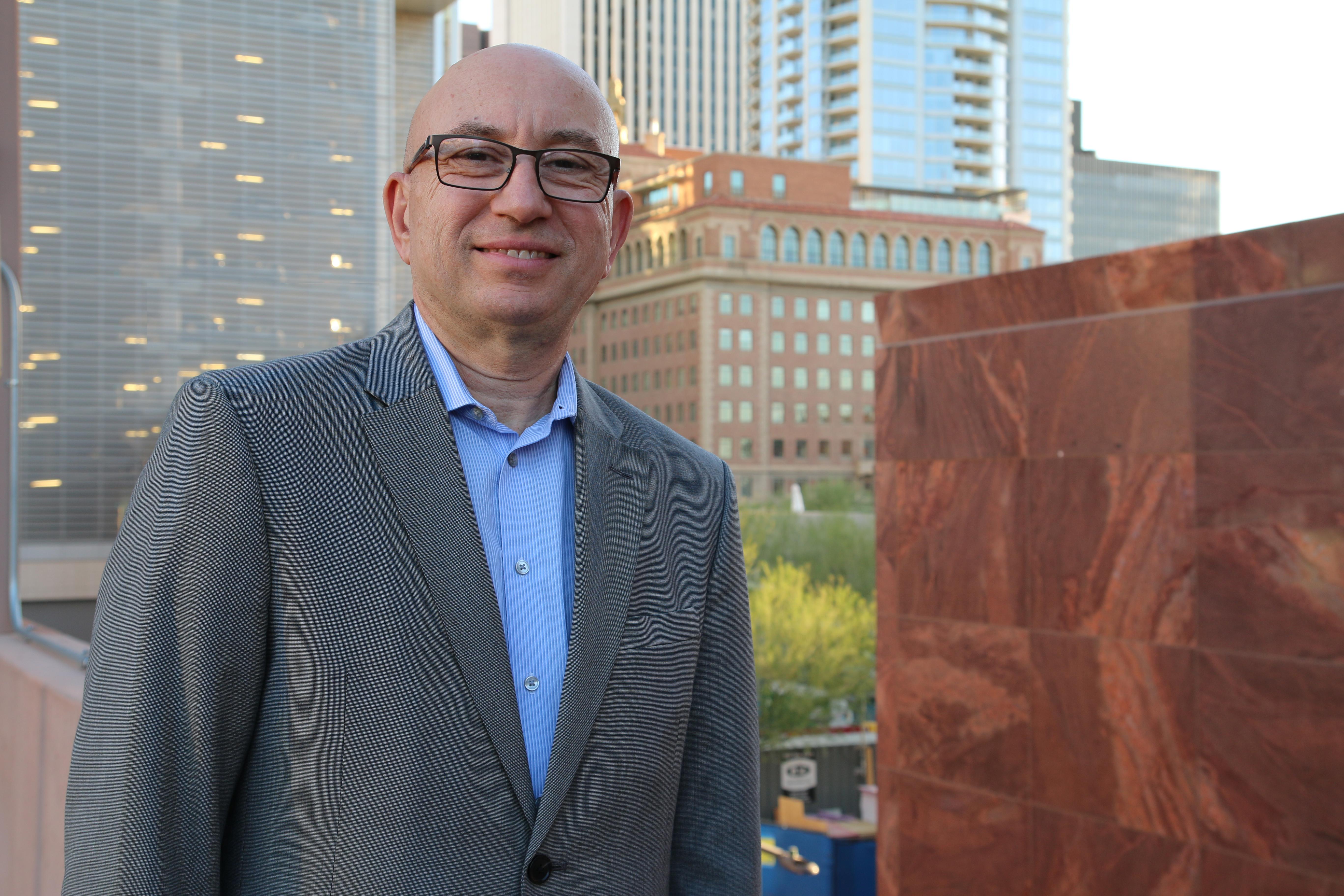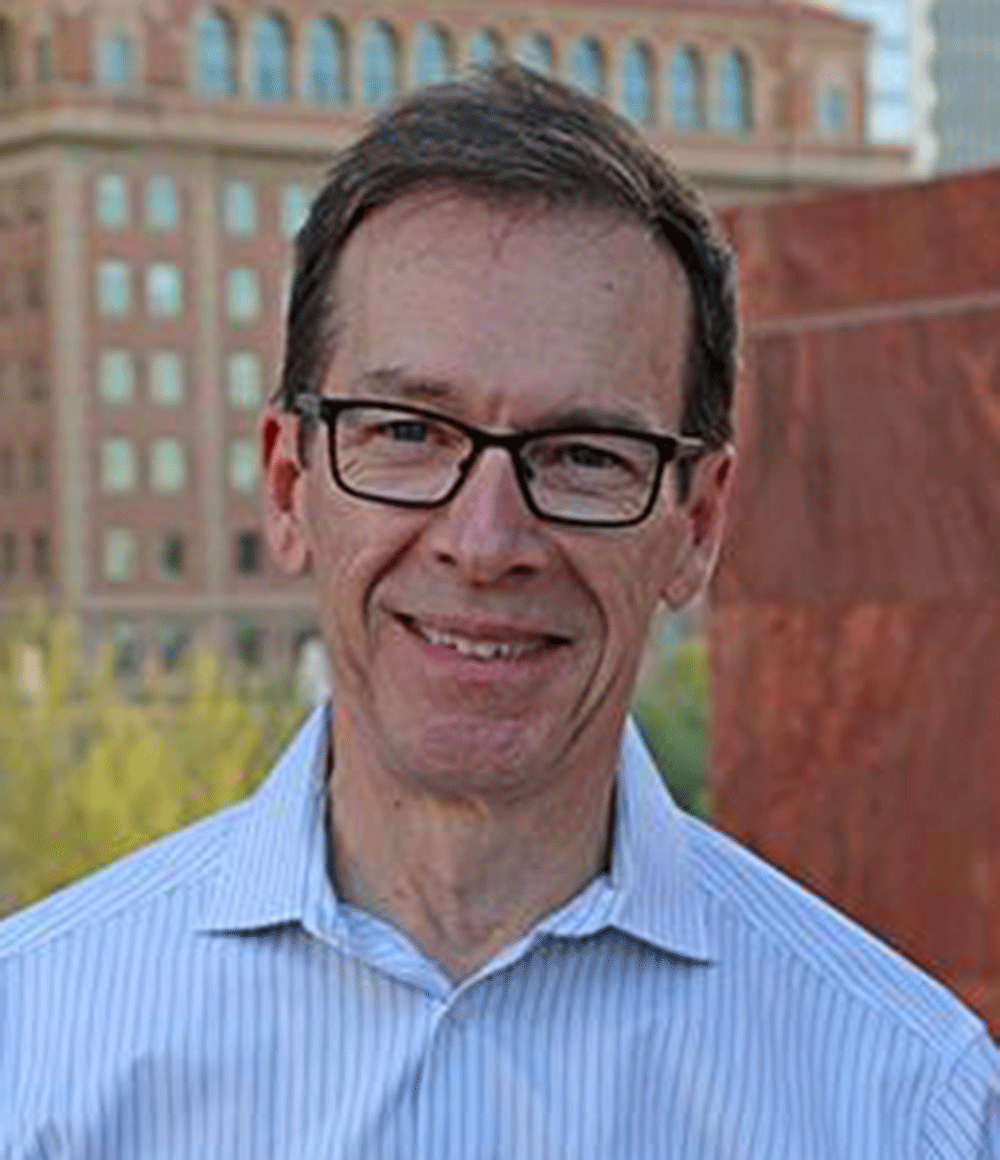A $7 million grant from the National Institute on Minority Health and Health Disparities (NIMHD), of the National Institutes of Health, will fund a specialized research “Center for Excellence” at Arizona State University to improve the health of minority populations.
The five-year grant will advance the work of the Southwest Interdisciplinary Research Center, part of the School of Social Work in the College of Public Services and Community Solutions on the ASU Downtown Phoenix campus.
The transdisciplinary center brings together researchers from social work, nutrition, health and sociology to advance programs aimed at reducing chronic disease, with a particular focus on minority populations of the Southwest.
“For many years our research has focused on the social and cultural determinants of health — everything that is nonmedical. But our cultural beliefs also have an impact on biological components of health and what we believe to be an illness or a cure. Do we exercise, diet, drink?” said Flavio Marsiglia, principal investigator of the funded award, Regents' Professor at the School of Social Work and director of the Global Center for Applied Health Research. “With this funding, we can take a more holistic approach integrating sociocultural and biological factors to improve health disparities.”
The Southwest Interdisciplinary Research Center is one of 12 Centers of Excellence nationwide funded by the National Institute on Minority Health and Health Disparities.
“We need strong collaborations and research based upon asking the right questions in specific areas," said NIMHD Director Dr. Eliseo J. Pérez-Stable. "The Centers of Excellence are poised to emphasize scientific inquiry that will promote health equity.”
Regents' Professor Flavio Marsiglia is principal investigator of a new specialized Center of Excellence at ASU focused on a comprehensive look at reducing health disparities.
The grant funds two main research projects, a development program for new faculty and researchers and an outreach component to maximize the impact of the new transdisciplinary center. The two research projects target youth and family behaviors associated with obesity-related disease and substance-abuse disorders. Findings will guide the design and testing of effective interventions that can improve the health of young people by strengthening the protective factors related to family, social and cultural influences and by weakening the risk factors.
“Our goal is to follow up now with young adults who were adolescents to examine long-term sustainability in changes in health outcomes and how the trajectory of those changes may be influenced by home and community environments,” said Gabe Shaibi, an associate professor in the College of Nursing and Health Innovation and a principal investigator of one of the research center’s projects. “We want to better understand how to integrate these contextual factors into health promotion, disease prevention interventions.”
ASU researchers will expand upon an existing program that empowers parents to promote substance-use prevention for their seventh-grade children. By also incorporating content about healthy eating, they can assess if parents can simultaneously and positively impact two health behaviors, nutrition and substance use.
“Because of the central role of the family in the Latino community, we propose that parenting programs that address multiple conditions can more effectively prevent, reduce and eventually help eliminate health disparities among Latino youth,” said Sonia Vega Lopez, a principal investigator and associate professor of nutrition at the School of Nutrition and Health Promotion in the College of Health Solutions.
The grant includes an outreach component by the School of Social Work to translate the knowledge gained by the studies and pilot projects into policy and best practices with stakeholders.
“We look forward to communicating the evidence-based findings from this research,” said James Herbert Williams, a principal investigator, and director of the School of Social Work. “Sharing best practices is vital to improving the health of our communities.”
Stephen Kulis
National Institutes of Health grant funding will also be used to establish an Investigator Development Core that will allow early-career faculty and postdocs involved in health-disparities research to advance their careers by conducting their own related research.
“We expect to have three pilot projects funded every year or more for each of the five years,” said Stephen Kulis, a principal investigator and professor at the T. Denny Sanford School of Social and Family Dynamics in the College of Liberal Arts and Sciences. “Our objective is to not only generate new ideas and health disparities research but also to develop the next generation of health-disparities researchers.”
More Health and medicine

$5 million gift to provide scholarships for new ASU medical school students
A $5 million gift from longtime Arizona State University donor Annette Beus and her family will help provide scholarships for 72 students in the new School of Medicine and Advanced Medical…

The science of sibling dynamics: Why we fight, how we relate and why it matters
We have Mother’s Day, Father’s Day and even Grandparents’ Day. But siblings? Usually they get a hand-me-down sweatshirt and, with any luck, a lifetime of inside jokes.But actually, there is a…

New study seeks to combat national kidney shortage, improve availability for organ transplants
Chronic kidney disease affects one in seven adults in the United States. For two in 1,000 Americans, this disease will advance to kidney failure.End-stage renal failure has two primary…




